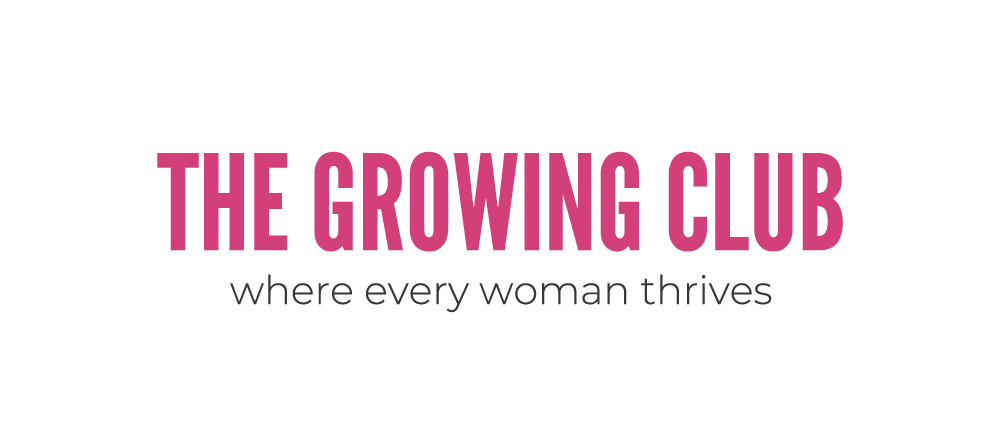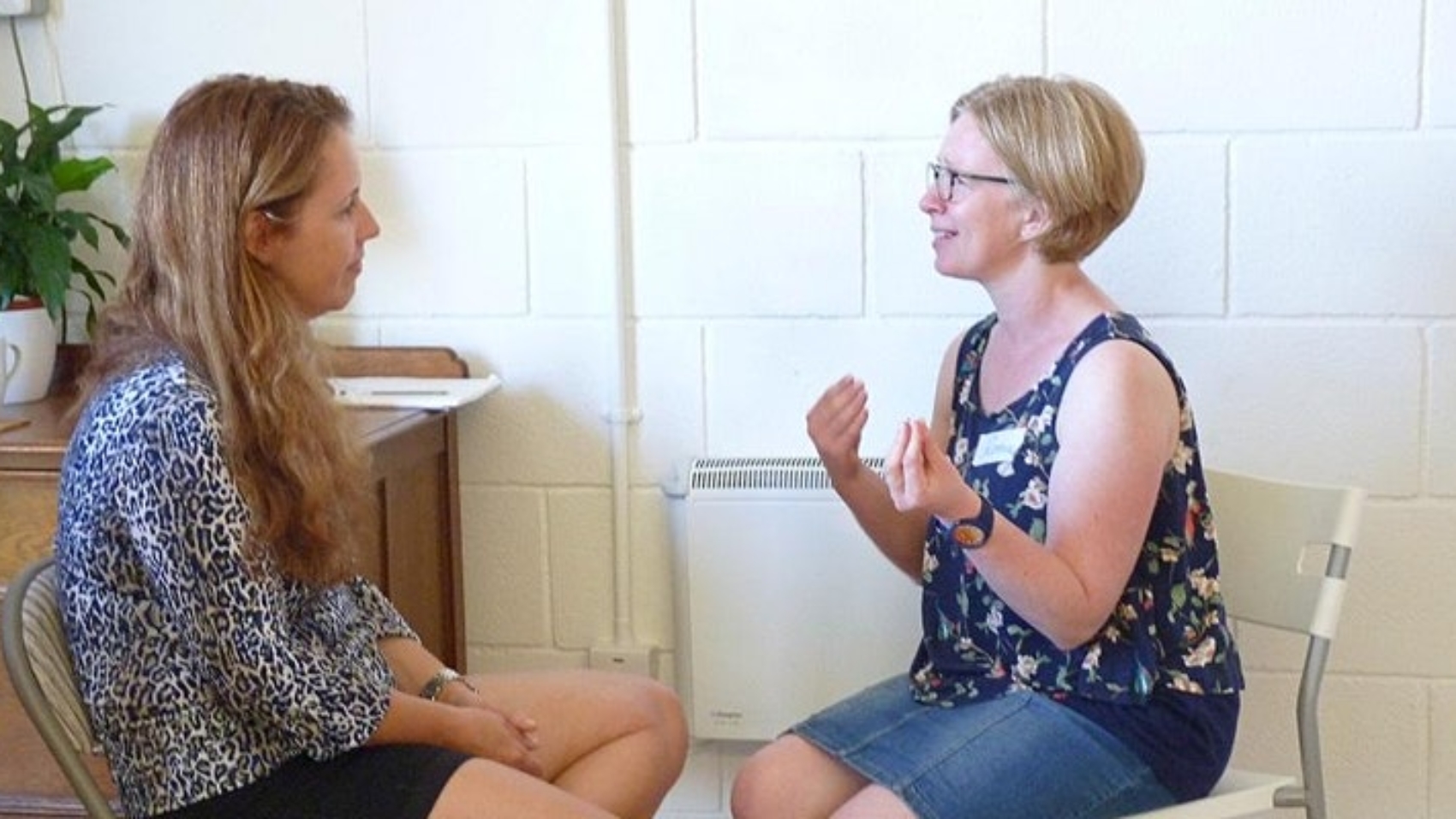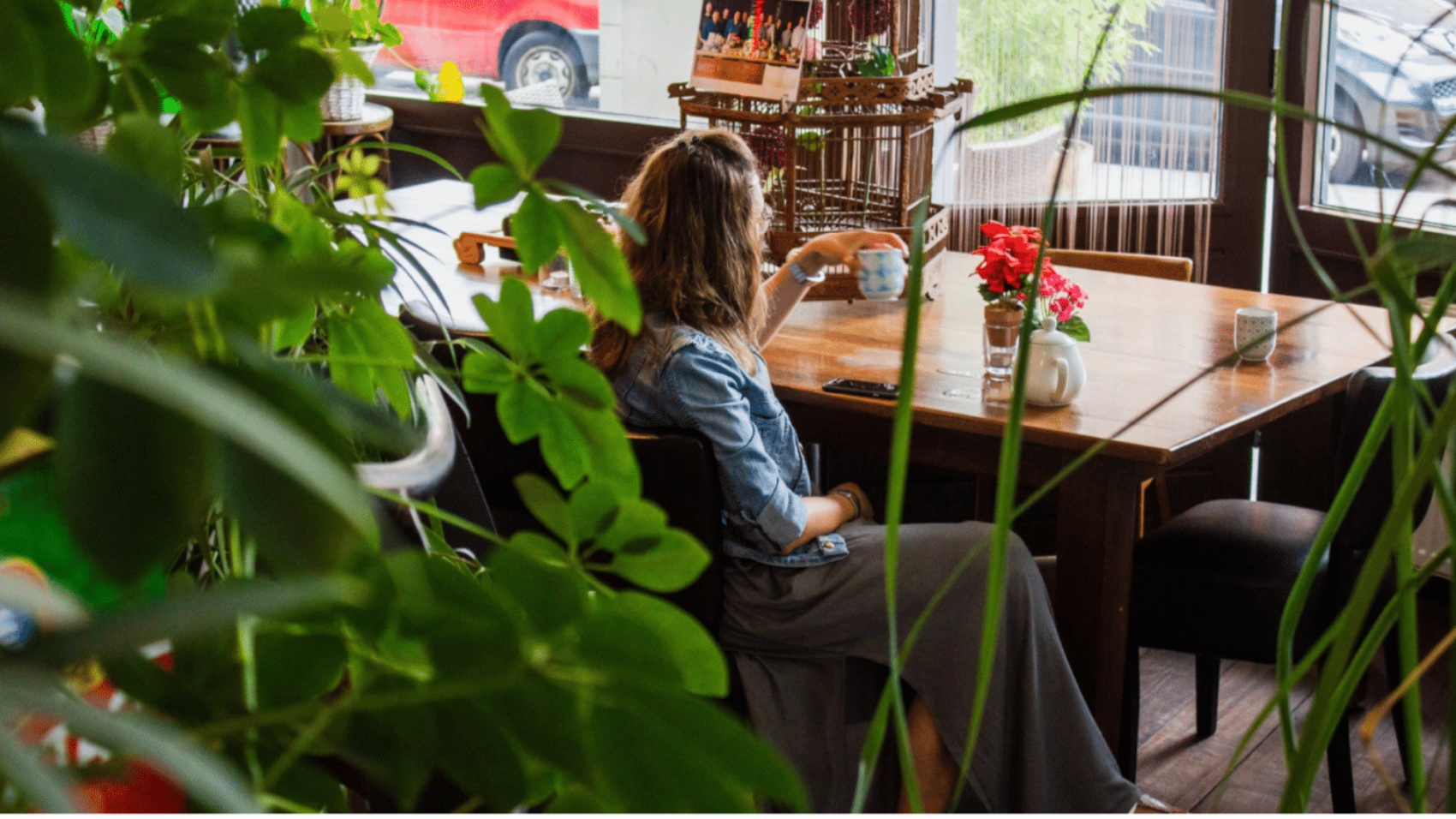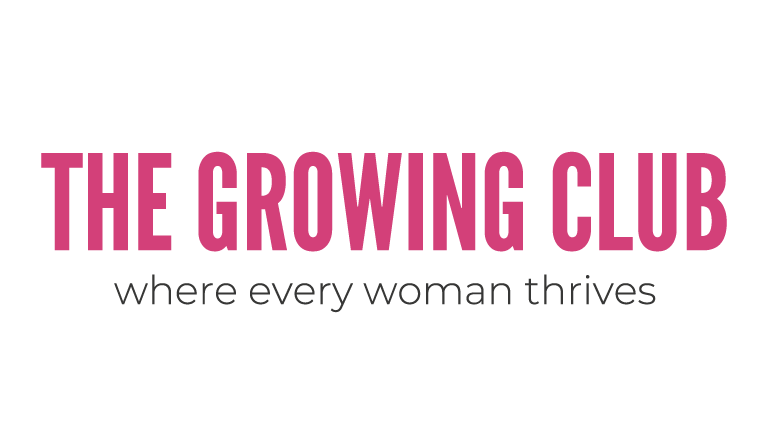Sometimes, we just need to talk and be listened to, without interruption or judgement. Our Peer Listening Project is a chance to explore how to create a space for others, how to listen and how to take care of ourselves whilst listening to others
Self-Compassion
This is an introduction to Self-Compassion, by The Growing Club’s Wellbeing officer, Sarah Ludford. Sarah will be running a Self-Compassion Series, starting on the 26th February 2021. Find out more here.
Compassion is an old word that is getting used a lot more of late but how many of us actually know what it means? The Latin root for the word compassion is pati, which means ‘to suffer’, and the prefix com – means ‘with’. Compassion, originating from compati, which means to suffer with. I like to think of the ‘with’ as being alongside. If we are alongside someone in their suffering then we are moving into the realm of empathy rather than sympathy or feeling sorry for someone. We accompany them so they are not alone in difficult times.
Self-compassion, is being alongside myself. Sometimes, particularly at the moment, it can feel like we are alone most of the time, and yet the way the human brain works means that we are constantly talking to ourselves, constantly having conversations with ourselves. Some conversations that we might enjoy and some that might be harder to deal with. What this means is that is possible to be alongside ourselves, and to do this with compassion. The dialogues we have with ourselves could be compassionate and understanding rather than critical or blaming.
Self-compassion came to me slowly. For a long time when I was dealing with challenges and trying to understand myself, I would push myself. I would be seeking to understand, trying to find the answer, trying to get to a resolution. It was painful because I was always trying to get somewhere, rather than being where I was.
Gradually, through the practice of being listened to and accompanied, by receiving empathy and compassion from others, I began to find compassion for myself. When things were out of balance, I would make a gentle and loving enquiry of myself. I would sit with my feelings and let them be there. I would get curious rather than impatient. And I found this to be so much more nourishing and supportive of my well-being and my personal growth. To accept and love myself in the moment and to open to the possibility of self-understanding and growth through the process.
Discipline and drive can get us a long way but without kindness and compassion it can be an uncomfortable way to live. With self-compassion I can celebrate the highs and be accompanied in the lows. I can be present and supportive to myself and take the time to get curious about what is happening and what is important to me. If I can hold myself with compassion, then I can feel sad rather than being sad – which also means I hold the potential to feel happy at the same time!
Dr Kristin Neff, author of Self-Compassion: The Proven Power of Being Kind to Yourself says:
“Self-compassion is not based on positive judgments or evaluations, it is a way of relating to ourselves. People feel self-compassion because they are human beings, not because they are special and above average. It emphasizes interconnection rather than separateness. This means that with self-compassion, you don’t have to feel better than others to feel good about yourself. It also offers more emotional stability than self-esteem because it is always there for you – when you’re on top of the world and when you fall flat on your face.”
Dr Kristin Neff
I find self-compassion to be a powerful tool and I am passionate about sharing it with others. And it’s not just about being gentle. Self-compassion can include coming to know ourselves better and that can be very empowering. The practice I work with – Nonviolent Communication – provides the tools not only for compassion but for a deep understanding of self and others, and for developing steps to care for myself, to communicate with clarity and love and to consider and care for everyone’s needs.
I am excited about being able to offer this work to women as part of The Growing Club’s well-being programme. You can find out more and book here.




